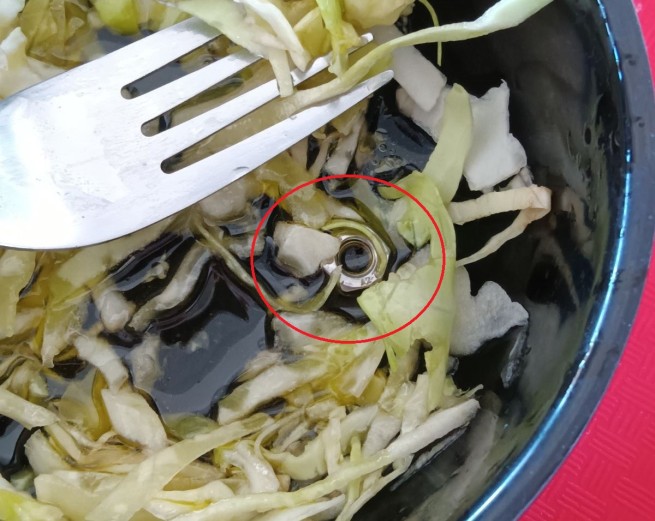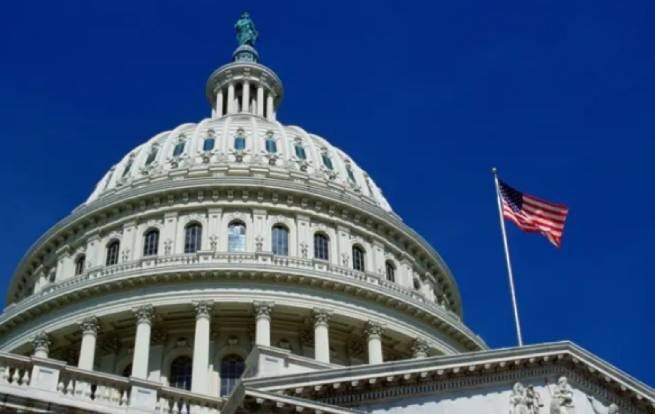Why do experts, despite the increased risk of myocarditis after vaccinating boys, still insist on getting vaccinated?
The issue was dealt with by the DW edition. After all, as it turned out, the likelihood of developing a severe form of coronavirus in boys is lower than the chance of getting inflammation of the heart muscle after an mRNA vaccine.
Parents have to make a difficult decision about vaccination not only for themselves, but also for their children. Since mid-August, the Standing Vaccination Commission (Stiko) has recommended vaccinations against coronavirus for children aged 12 to 17, under intense pressure, including from politicians. Previously, vaccination was recommended for children with chronic diseases that can increase the risk of severe COVID-19, such as those with diabetes.
However, not all German parents are sure of the need to vaccinate their children. Especially against the background of the results of a new study by US scientists, which confirm that the risk of myocarditis after vaccination with BioNTech / Pfizer for boys is 6 times higher than the risk of severe covid.
Scientists from the University of California compared data for the first 6 months of 2021: how many unvaccinated 12-17-year-olds were hospitalized with severe coronavirus, and how many children developed myocarditis after being vaccinated. In a study of 257 cases of inflammation of the heart muscle after vaccination, it was found that there were no deaths due to the diagnosed disease, and the symptoms were mild. Side effects were very rare: 162.2 cases per million boys and 13.0 cases per million girls.
The first reports of myocarditis after vaccination with BioNTech / Pfizer appeared in April 2021 in Israel. Sometimes this side effect has been noted after the Moderna vaccination, also based on mRNA technology. The US Centers for Disease Control and Prevention (CDC) considers the link between the coronavirus vaccine and the development of myocarditis “likely.” A possible causal relationship was also reported by the creators of the mRNA vaccine – BioNTech / Pfizer and Moderna.
Yet many experts recommend getting vaccinated for adolescents and children. They believe that the risk of COVID-19 disease and its long-term consequences far outweighs the risk of myocarditis. At the Berlin Institute. Robert Koch classifies post-vaccination myocarditis as a rare side effect. In August of this year, the Institute’s published Epidemiological Bulletin stated:
“Myocarditis after vaccination with mRNA vaccines is a confirmed, but rather rare side effect, which is more common in boys than in girls … The acute phase of the disease during inpatient treatment usually proceeds without severe symptoms, there is currently no data on the possible long-term consequences of myocarditis.”
Experts of the institute argue that children and adolescents who have undergone coronavirus infection, even in a mild form, there is a risk of the so-called “long covid”, when full recovery is delayed for many months, accompanied by a set of various symptoms. Scientists from the RKI have found that in the age group under 18 years of age, long-term effects are more and more often observed after undergoing covid:
“The increase in SARS-CoV-2 infections may lead to an increase in the number of long-term effects of the illness, even if the number of patients diagnosed with postcovid is small.”
Researchers in Sweden have determined that children and adolescents can suffer from severe post-covid symptoms: multisystem inflammatory syndrome (MIS-C), childhood multisystem inflammatory syndrome (PIMS), or chronic fatigue syndrome (ME / CFS).
And the British authors of a study in April 2021 concluded that such long-term effects after suffering covid in children are recognized and recorded less often than in adults. The first symptoms of inflammation of the heart muscle appear as a viral infection of the respiratory tract or digestive system. When fever, muscle pain or weakness occurs, people do not associate them with myocarditis, so it is not always possible to recognize it in time. Further signs such as shortness of breath, dizziness, tight chest pains, heart palpitations or arrhythmias occur. In most cases, after a course of therapy, myocarditis ends with complete recovery.
The BioNTech vaccine will be available in Germany from mid-October for the 5-11 age group. By the end of the year, the results of studies on the use of the vaccine for very small children – from 6 months will be ready. Some countries have already started vaccinating children under 12 years of age.






More Stories
Shocking report from Japanese scientists: “Cancer deaths increase sharply after mass Covid vaccination”
Study: Scientists have discovered why children are more susceptible to coronavirus
22 arrests and confiscations took place in Italy and other EU countries in the case of "covid" EU funds (video)